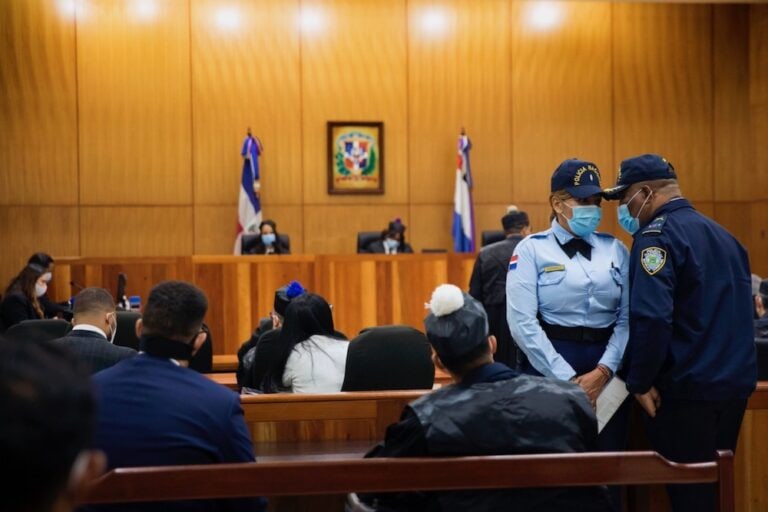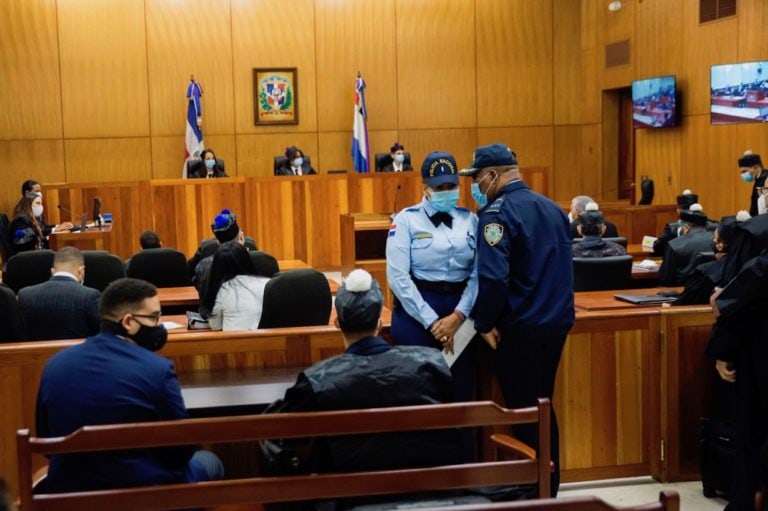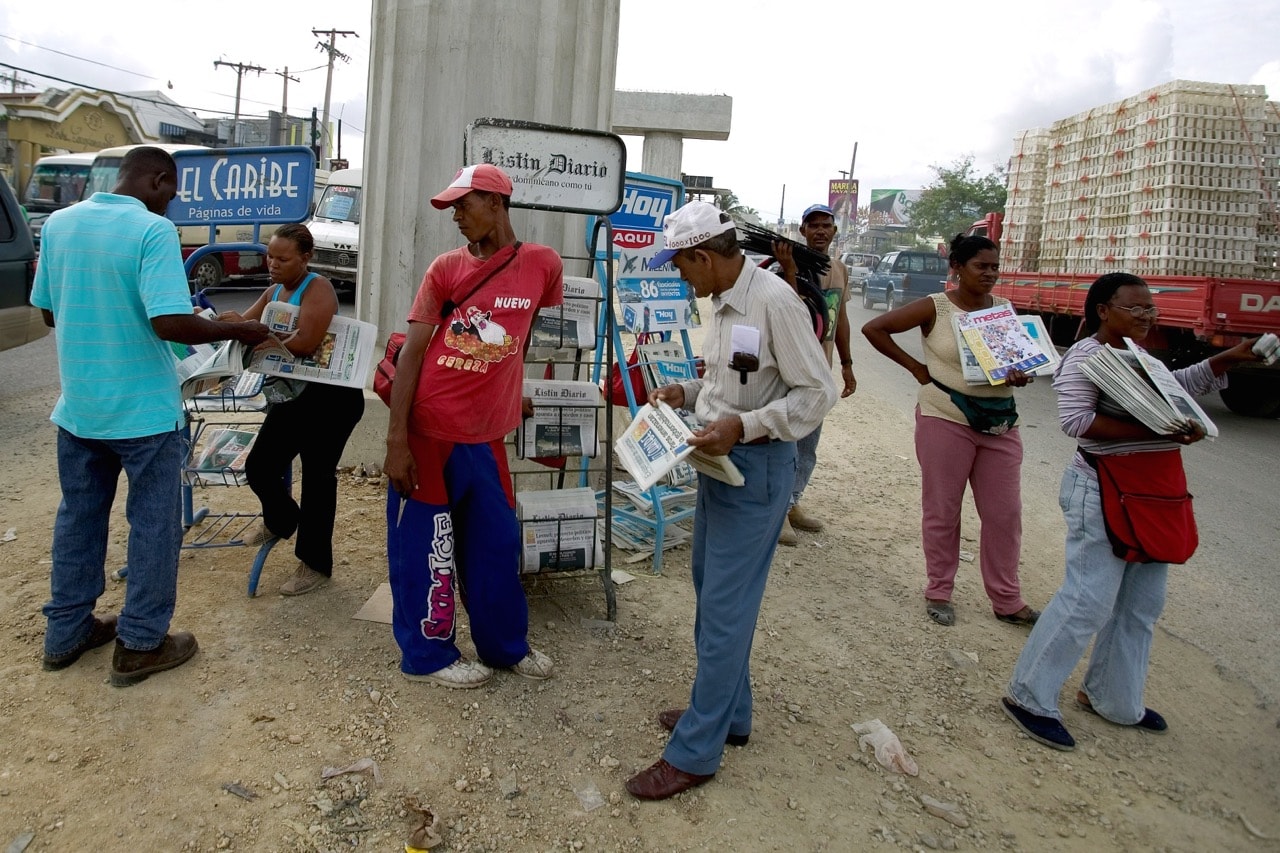Two journalists are facing sentences of three months to a year in prison and fines of five to 500 times the minimum wage in a criminal defamation suit by Canadian textile multinational Gildan Activewear over reports about harm to the environment in Guerra, a municipality in Santo Domingo province.
(RSF/IFEX) – 15 November 2012 – Two journalists are facing sentences of three months to a year in prison and fines of five to 500 times the minimum wage in a criminal defamation suit by Canadian textile multinational Gildan Activewear over reports about harm to the environment in Guerra, a municipality in Santo Domingo province.
The journalists – Robert Vargas, editor of the Ciudadoriental.org website, and Genris García, editor of the Vigilanteinformativo.com website – recently posted reports in which local community representatives blamed deforestation and other environmental damage in the Guerra area on the multinational’s installations and activities.
“Gildan’s judicial offensive is an attempt to censor the media,” Reporters Without Borders said. “The textile multinational is brazenly trying to stop the dissemination of reports about the environmental harm it is causing in the region. This it not the first case of its kind and the decriminalization of media offences is urgently needed so that journalists in the Dominican Republic can be free to work without fearing imprisonment.”
The lawsuit has come amid a heated debate about a bill amending the criminal code and Law 6132 on the Expression and Dissemination of Opinion. Passed on first reading in the chamber of deputies and senate, the bill is the subject of protests by the National Union of Press Workers (SNTP) and Dominican Association of Journalists (CDP).
Condemning the retrograde character of such criminal code articles as 191 and 193, providing for jail sentences of up to three years and fines of up to nine times the minimum wage for journalists who criticize civil servants, the SNTP and CDP are demanding the withdrawal of all articles criminalizing insult and defamation from the criminal code.
“At a time when all of the decisions by the Inter-American Court of Human Rights support decriminalization, it would be a major step backwards for freedom of information if this bill were adopted in its current form,” Reporters Without Borders added.
“We take note of the statement by Nelson Guillén, the chairman of the communication commission in the chamber of deputies, who has promised that the bill will be modified and has said he is joining the worldwide campaign for the decriminalization of media offences.”
Grenada was the first Caribbean country to decriminalize defamation (albeit only partially, because “defamation of a seditious nature” is still a crime).


